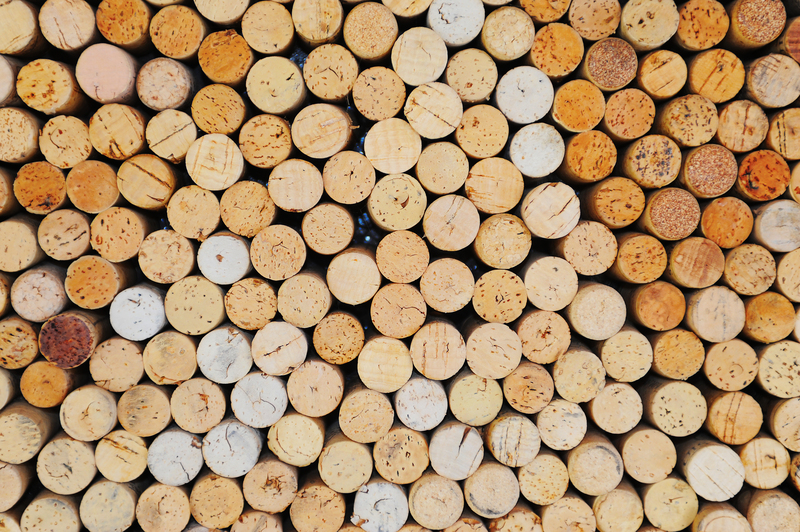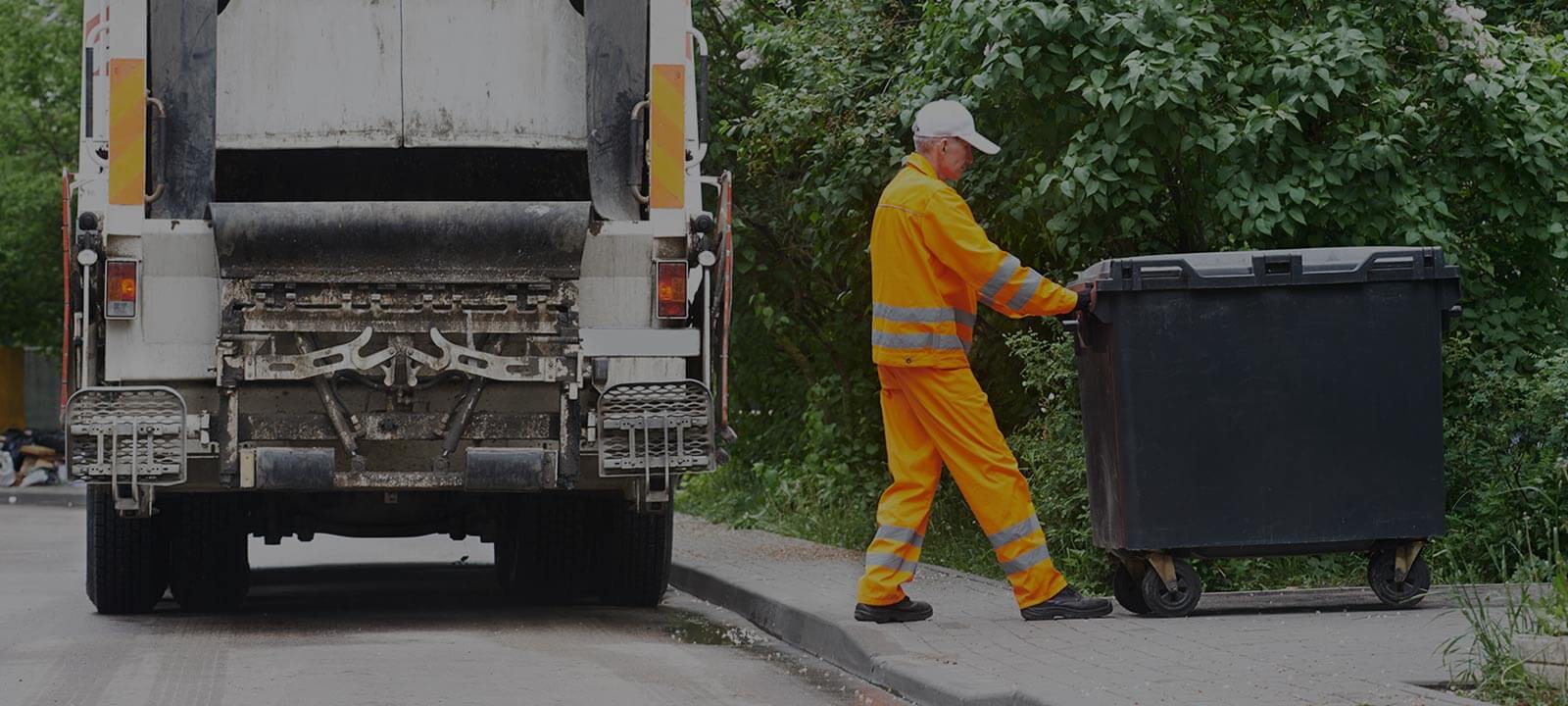Innovative Waste Composting Tips
Posted on 24/12/2024
Composting is an excellent way to reduce waste and enrich the soil in your garden. Although traditional composting methods are effective, innovative approaches can help streamline the process and maximize efficiency. Here are some innovative waste composting tips to optimize your composting routine.
1. Vermicomposting
Vermicomposting utilizes worms to break down organic waste material more quickly than traditional composting. Specifically, red wiggler worms are highly efficient at consuming organic waste and producing nutrient-rich castings. You'll need a vermicomposter bin, bedding material, and food scraps. Keep the bin in a cool, shaded area to maintain optimal worm activity.

2. Bokashi Composting
Bokashi composting is an anaerobic process that uses a special fermenting mix to break down organic waste. One of the benefits of Bokashi composting is that it can handle meat and dairy scraps, which are typically excluded from traditional composting. All you need is a Bokashi bucket, Bokashi bran or starter, and food scraps. Over time, the waste ferments and can be mixed into your garden soil.
3. Compost Tumblers
Compost tumblers are a fantastic innovation designed to facilitate the composting process by making it easier to aerate the compost material. Instead of manually turning compost piles, a compost tumbler allows you to simply rotate the container. This innovative method speeds up decomposition and reduces labor.
4. Green Cone Composters
Green Cone composters are designed to handle all types of organic waste, including meat and dairy, without producing unpleasant odors. They are partially buried in the ground, allowing for improved waste decomposition and nutrient absorption. The Green Cone design ensures a continuous aeration process, enhancing the breakdown of waste.
5. Smart Composting Devices
Technology has significantly advanced composting practices. Smart composting devices are now available that can monitor and regulate temperature, moisture, and aeration levels. These devices ensure optimal conditions for composting and can drastically speed up the process. Some models even offer an app interface for real-time monitoring.
6. Utilizing Compost Accelerators
Compost accelerators contain beneficial microorganisms that speed up the decomposition process. By sprinkling compost accelerators over your organic waste, you can significantly shorten the composting timeline. These accelerators are available in liquid or powder form and can be easily integrated into your composting routine.
Tips for Successful Composting
- Maintain a balance of green (nitrogen-rich) and brown (carbon-rich) materials to ensure proper decomposition.
- Regularly aerate your compost pile or use a tumbler to introduce oxygen, which speeds up decomposition.
- Keep your compost moist but not soggy; the ideal consistency is a wrung-out sponge.
- Avoid adding diseased plants, weeds with mature seeds, or inorganic materials to your compost.
- Chop or shred larger items, such as branches and peels, to facilitate quicker breakdown.
Pros and Cons of Innovative Composting Methods
Pros
- Accelerated decomposition process compared to traditional methods.
- Reduced odor and pest issues with certain methods like Bokashi and Green Cone composting.
- Less manual labor required, particularly with compost tumblers and smart devices.
- Versatility in composting a broader range of organic waste, including meats and dairy.
Cons
- Initial investment costs can be higher for specialized equipment like smart composters and vermicomposting setups.
- Requires some learning curve and regular maintenance to ensure effective composting.
- Space considerations, especially with larger equipment like Green Cone composters.

Takeaways
Innovative composting methods offer significant advantages, including faster decomposition, less odor, and the ability to compost a wider range of organic materials. Vermicomposting, Bokashi composting, compost tumblers, Green Cone composters, and smart composting devices are some innovative solutions that can enhance your composting efforts. Remember to maintain a balance of materials, aerate regularly, and utilize compost accelerators for optimal results.
Conclusion
Adopting innovative composting techniques can drastically improve the efficiency and effectiveness of your composting efforts. Whether you choose vermicomposting, Bokashi, or smart composting devices, these methods can help you create rich, fertile compost more quickly and conveniently. By following the tips and understanding the pros and cons, you can transform your organic waste into a valuable resource for your garden.
Happy composting!
Latest Posts
Reusing for Resource Conservation
Industry applauds government's dedication to improving e-waste recycling practices






